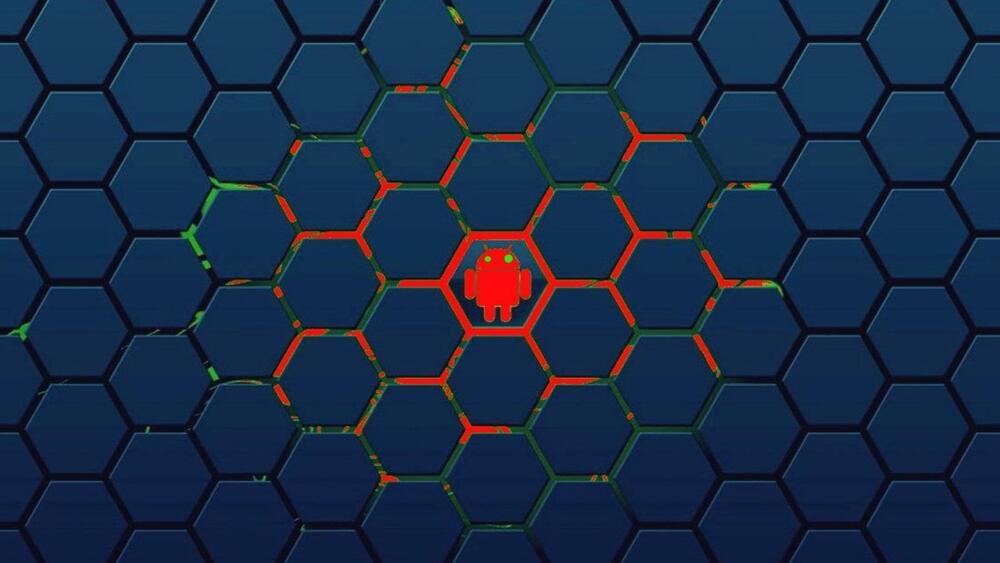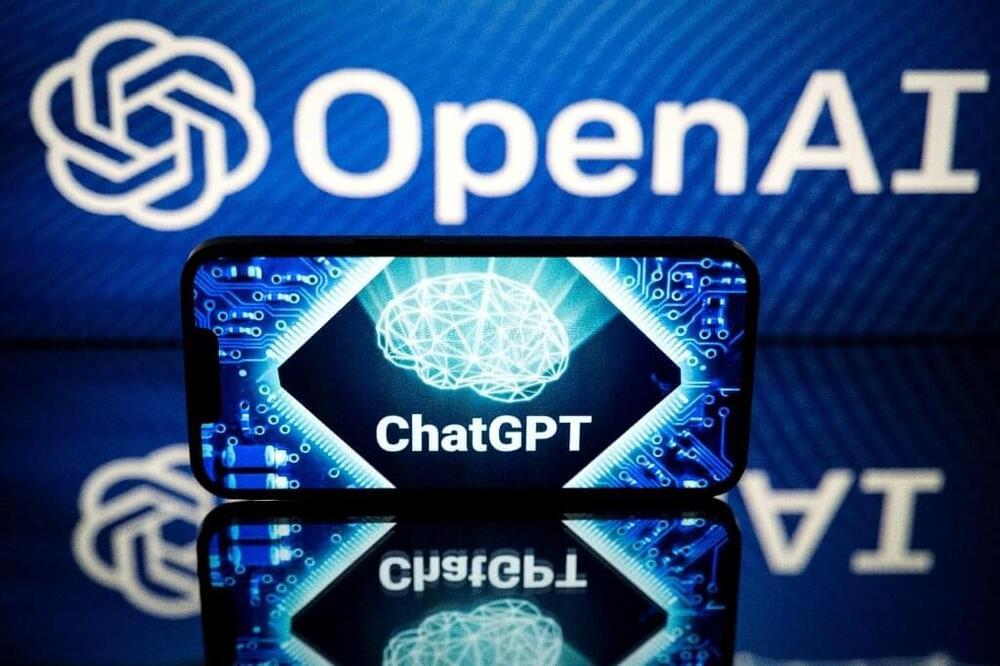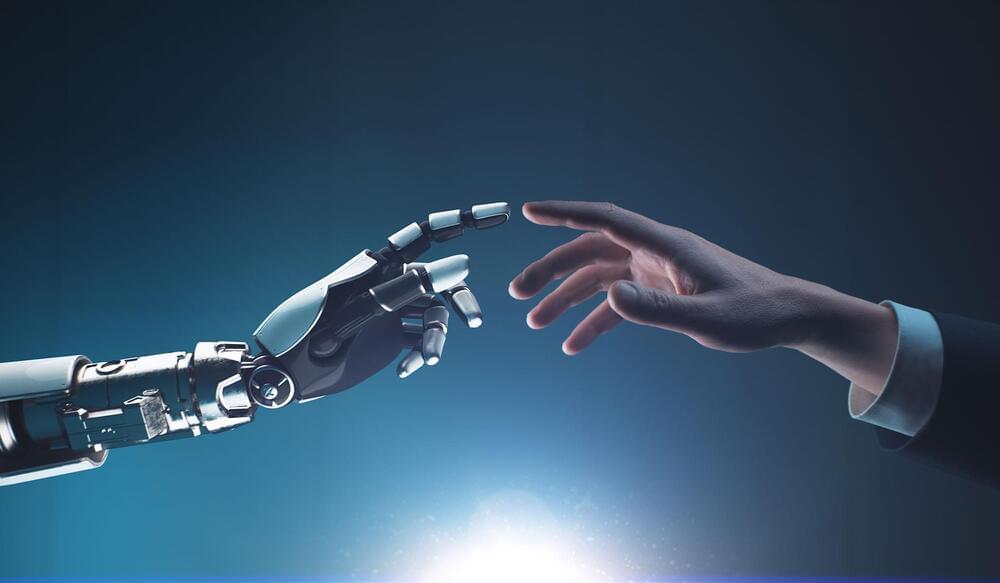How can we ensure that the technologies currently being developed are used for the common good, rather than for the benefit of a select few?
When ChatGPT was asked what advances in artificial intelligence mean for the human condition, it responded to our inquiry that AI will “change the way people view their own abilities and skills and alter their sense of self.” It could “impact people’s sense of identity and purpose.” It could “change the way people form and maintain relationships and impact their sense of community and belonging.” The progress made in 2022 by generative AI, which includes large language models such as ChatGPT and image generators such as Dall-E, is awe-inspiring. When it eloquently warns us about its own potential impact on the human sense of self, purpose, and belonging—we are naturally impressed. But large language models can only give back to us what we have fed to them.







